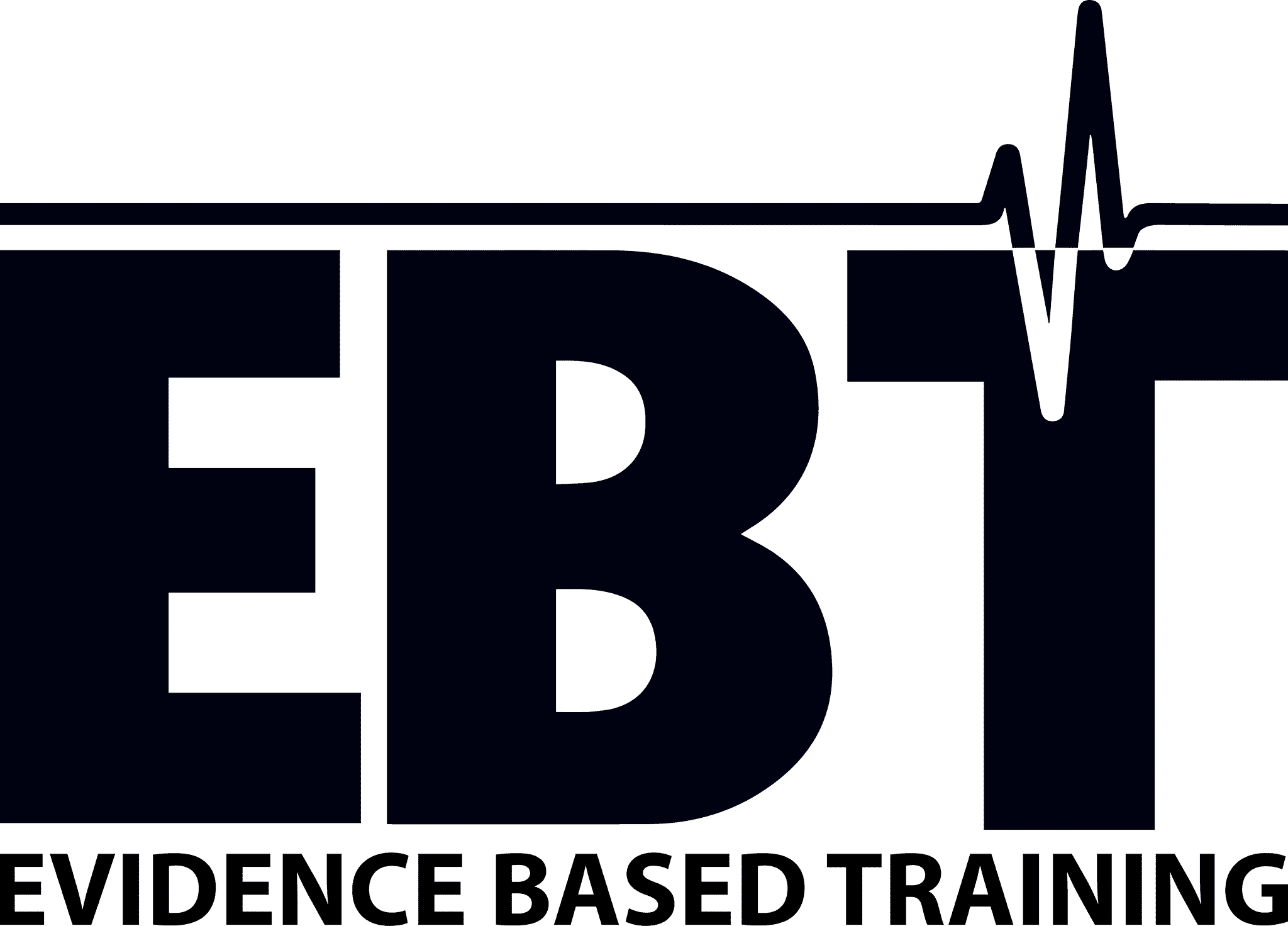Are you looking to optimize your performance? If you’ve listened to athletes or scrolled through Instagram, you’ve probably heard that you got to pump yourself up, get mad, and go #beastmode. What if I told you, you don’t have to get slapped in the back, or snort a whole bottle of ammonia every time you try to PR (personal record). Don’t believe me? Don’t take it from me.
Here you have two quotes. Both athletes are or have been at the top of their respective sports. One doesn’t feel scared climbing a 914m mountain without any rope or assistance. The other one is a veteran in his sport but still nervous to the point of vomiting before every match. You’re probably thinking this doesn’t make sense. Those quotes are completely contradictory. Actually, they’re not. Different people perform best under different conditions. Or rather everybody has an Individual zone of optimal functioning (IZOF). Yeah, that sounds good and all but what is IZOF and more importantly what’s my IZOF? I don’t know your IZOF, but I can help you find out. First off, what is IZOF?
Exploring the zone
IZOF was developed by Yuri Hanin. Every athlete has an individual zone of optimal functioning. Reaching the zone helps athletes perform their best. Several studies have shown that attaining IZOF improved performance The zone is composed of emotions and feelings like tenseness, happiness, confidence and nervousness: instead of thinking of emotions and feelings as positive or negative. They’re seen as either helpful and unhelpful, depending on their effect on your performance. In other words, if the feeling or emotion helps you perform better, it’s helpful. If it makes you perform worse, it’s unhelpful. But how can one person find a feeling unhelpful while another finds it helpful? Two words. Meta-experiences. Meta-experiences are an athlete’s feelings about certain emotional and physical states as well as the perceived effect of those states on performance. Let me give you an example.
Athlete A is nervous before a competition but has performed well in the past whilst nervous. Athlete A will therefore perceive the nervousness as helpful.
Athlete B has been successful being super confident. Suddenly being nervous before a competition will therefore be unhelpful. It’s more complicated than that though.
Emotions and feelings are not only helpful or unhelpful. The same emotion can be both helpful and unhelpful depending on its intensity. While being a little relaxed can be seen as helpful, being relaxed to the point of falling asleep is probably not. Your zone of optimal functioning doesn’t consist of certain emotions and feelings. Your zone consists of certain levels of those emotions and feelings.
Finding your zone
There are several methods of finding your zone. One of them is using standardized emotion scales. Standardized emotion scales include several emotions like relaxed, tense, focused, motivated, pumped, etc. During training and competition you note the intensity of these emotions and feelings as well as your performance. After doing so for a certain period you summarize your results and determine your IZOF. The result can look like this
This athlete’s zone is high excitement, motivation, anger, confidence and low tenseness, happiness and anxiety. Your zone might be completely different.
While standardized emotion scales are simple. That simplicity comes with flaws as they can fail to capture an individual’s self-referent perspective. In other words, what you’re feeling and your way of describing it might differ from the emotions on the scales. You might also have a hard time relating to the feelings and emotions on the scale To combat this an individualized approach using metaphor generation was created. Okay, get to the point. How do I find my zone?
You find your zone by creating your own metaphors related to your best performance. Hanin and Stambulova created a metaphor generating method where you complete paraphrased statements. The end result is your own metaphors.
- Think of a good performance that you’ve had recently and complete the following statements
- Before my performance, I felt like (in other words I felt like)
- During my best performance, I felt like (in other words I felt like)
- After my best performance, I felt like (in other words I felt like)
After you’re finished, repeat the process but with a recent bad performance in mind.
Done?
Okay, now you have your own metaphors and feelings that you want to avoid, and that you want to achieve. Fine, but how do I achieve them?
Getting in the zone
Finding your zone is good but unless you can get in the zone it doesn’t help. Okay, so how do I get in the zone? Since it’s individual I can’t tell you what’s going to work for you. I can only point you in the right direction. Try to think about times when you felt the feelings and emotions you identified. Now, try to identify what caused it. Was it a song that got you in the mood? Was there a speech, an image, a clip, food, a statement or word that made you feel this way? There are different ways for different people. It’s up to you to find your way of getting in the zone.
Take home points
Everybody has an Individual zone of optimal functioning. The zone consists of different levels of emotions and feelings. These emotions and feelings are sorted into helpful and unhelpful emotions. Try to identify your zone by thinking of what you felt when you performed your best. After you’ve identified your zone, identify what gets you into your zone.
Since this is individual, I can’t tell you the way to your zone. I can only give you general advice and let you do the rest. For more help in finding your zone and developing a psychological training program to be able to get into the zone, a consultation session is needed. We have limited spots left, book your consultation here.
Article written by Joar Svensson









